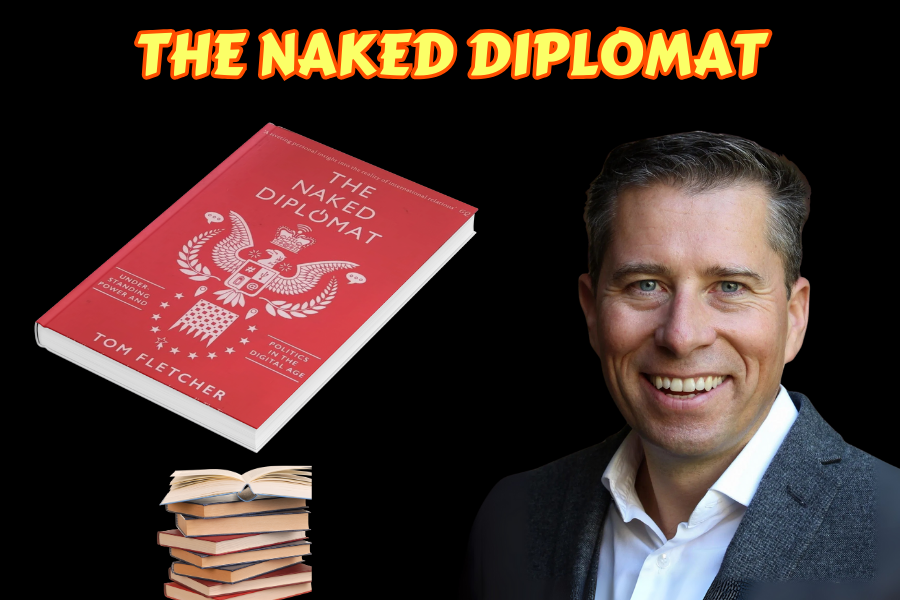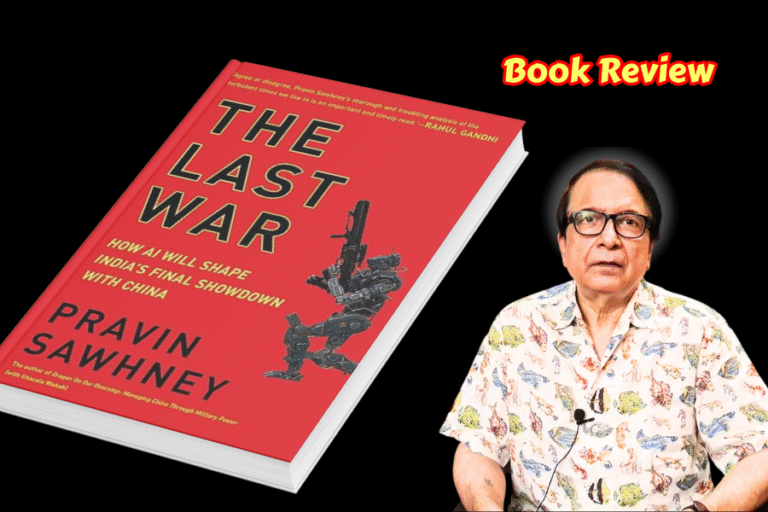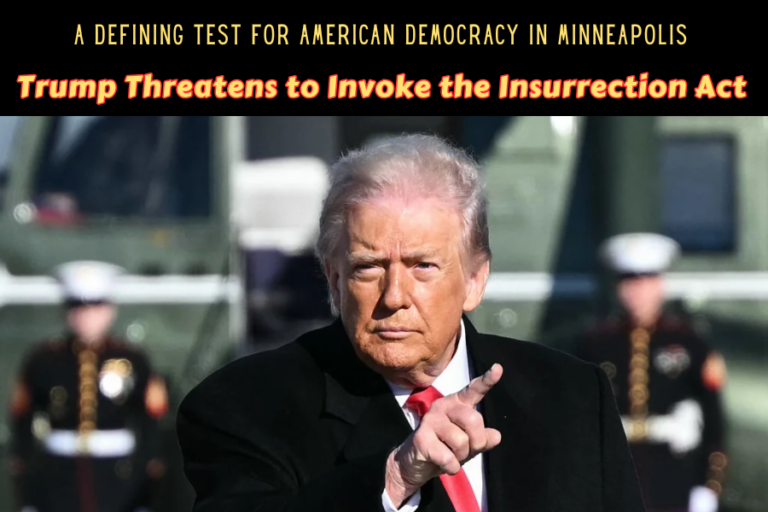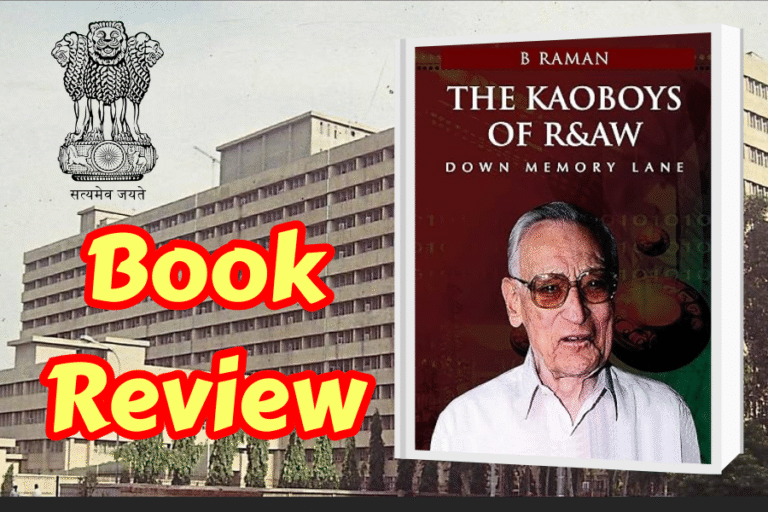(By Khalid Masood)
Published in 2016 by William Collins (an imprint of HarperCollins), The Naked Diplomat by Tom Fletcher arrived at a pivotal moment when social media was already reshaping global conversations, yet diplomacy lagged behind. Originally priced at £18.99 in the UK (around $24 USD at the time), the book remains widely available today through major international retailers like Amazon, Waterstones, and Target, where paperback editions typically range from $10 to $15 USD depending on promotions and format—making it an accessible entry point for those exploring modern statecraft. For readers in Pakistan, you can easily order it online via Amazon.com or Amazon.co.uk (both ship to major cities like Karachi, Lahore, and Islamabad, often with Prime delivery options), or through local platforms like Daraz.pk and Liberty Books, where it’s listed for approximately PKR 2,000–3,000 (around $7–$11 USD) including import fees.
In The Naked Diplomat, Fletcher, a former British ambassador to Lebanon and foreign policy advisor to three UK prime ministers, delivers a brisk, optimistic manifesto for reimagining diplomacy in our hyper-connected world. Drawing on his frontline experiences—from tweeting amid the Arab Spring to navigating refugee crises—he argues that the old guard of secretive, elite negotiations is obsolete. Instead, he champions “naked diplomacy”: a transparent, agile practice that strips away the veils of tradition to engage citizens, NGOs, tech giants, and even adversaries directly via digital tools. The book unfolds in three parts: a whirlwind history of diplomacy from ancient China to the Congress of Vienna; a sharp critique of how social media and big data are democratizing (and disrupting) power; and a forward-looking blueprint for diplomats to become “super-empowered hopefuls” who collaborate with the public rather than gatekeep information.
Fletcher’s insider anecdotes shine brightest, like his “tweetups” in Beirut or the time he live-tweeted a diva concert to humanize British diplomacy. These stories make abstract concepts tangible, illustrating how platforms like Twitter (now X) can amplify voices during crises, from the Iranian president’s retweets to citizen-led advocacy on climate change. His writing is punchy and witty—think a TED Talk in book form—avoiding jargon while packing in insights from thinkers like Henry Kissinger and Yuval Noah Harari. It’s a refreshing counterpoint to the gloom of post-Brexit, Trump-era realpolitik, reminding us that diplomacy isn’t just for “Hapless Henrys” in pinstripes but for anyone with a smartphone. For Pakistani readers, Fletcher’s emphasis on digital tools and public engagement feels especially relevant amid our own evolving foreign policy landscape—from navigating social media during elections to leveraging platforms for regional advocacy on issues like Kashmir or climate resilience.
That said, Fletcher’s enthusiasm occasionally veers into idealism. He glosses over the pitfalls of digital openness—misinformation campaigns, cyber threats, or how authoritarian regimes weaponize the same tools he celebrates. In 2025, with deepfakes and AI-driven propaganda rampant, his vision feels prescient but underexplored: What happens when “nakedness” exposes vulnerabilities rather than building trust? A deeper dive into ethical guardrails or case studies from non-Western contexts—like South Asia’s digital diplomacy challenges—would have strengthened his case. Still, these are quibbles in a book that’s more provocation than textbook.
Ultimately, The Naked Diplomat is a vital read for anyone grappling with power in the digital age—policymakers, IR students, journalists, or everyday Pakistanis curious about how technology influences global affairs and our nation’s role in it. Fletcher doesn’t just diagnose the shifts; he equips us to surf them. In a world where diplomacy feels increasingly remote, this book pulls back the curtain and invites us in. Highly recommended—grab it on Daraz.pk or Liberty Books for under $10 USD and join the conversation on how we can all be “citizen diplomats” from Lahore to London.







